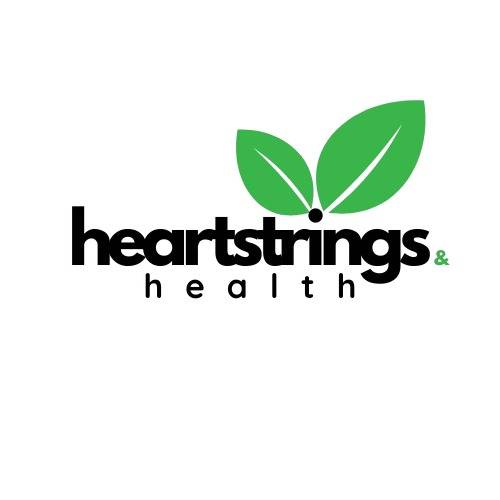Relationships form a foundational part of every individual's life, but unfortunately, some are not healthy. An unhealthy relationship is the kind where a friend, partner, or close family member acts abusively. The person is disrespectful, controlling, or even violent. Whilst we all go through ups and downs in our relationships, an unhealthy relationship can or may lead to abuse.
When a relationship is toxic, it affects our well-being and happiness. Understanding poisonous relationships can be the first step in helping you find healing and healthier connections.
If you were to reflect for a moment on the health of your relationships—partners, friendships, or relatives—you would no doubt be able to point out a few that are not as healthy as they should be.
Here are some signs you should look out for that may help to identify if you are in an unhealthy relationship:
5 Signs of a Toxic Relationship:
1. Manipulation
If you find your partner attempting to convince you to do things that you don’t want to do or trying to influence the way you think, you are being manipulated. He or she may try to sway your emotions to make you act or feel in a certain way. Sometimes, this can be subtle or passive-aggressive, making it easy to miss.
- They might always check in on you, constantly asking where you’re going or what you’re doing.
- Your partner may exploit the relationship to manipulate you into doing things.
- Your emotional needs are often disregarded, and manipulation typically causes you to either be compliant or feel guilty.
A good way to know if you are being manipulated is to think of something that brings you joy. If you instantly think, *“Yeah, but [insert name here] will get mad,â€* then you’re probably being controlled or manipulated.
2. Belittling
Ask yourself, *“Does this partner make you feel less important? Does he or she belittle you or put you down? Does he or she make you feel stupid or ashamed?â€* These are signs of emotional immaturity, which indicate a toxic relationship. Emotionally immature people typically need to prop themselves up on a pile of their wrongs, failures, and shortcomings.
- Belittling through mockery, criticism, or demeaning comments can severely affect your self-esteem, making you feel inferior or unworthy of respect and love.
- They may bring up things from the past when they can’t find anything else to criticize. They might say or do things that make you uncomfortable about yourself, typically claiming it’s just a joke or that you’re making something out of nothing.
- They might also make you doubt your ability to make decisions for yourself.
3. Gaslighting
Gaslighting is a form of psychological abuse where the abuser denies the victim's experience, insisting that events didn’t happen or that the victim is being too sensitive or misremembering things. It is a deliberate tactic to manipulate someone into questioning their own reality, memory, or perceptions.
If you repeatedly hear any of these statements in your relationship, treat them as red flags:
- “You know, you have a terrible memory.â€
- “I can’t believe you’re crying about this. You’re overreacting.â€
- “You should be sorry for what you’ve done.â€
- “You must be insane.â€
- “What is wrong with you?â€
- “You need help.â€
- “Can you hear yourself?â€
Gaslighting can destroy a strong connection between a couple and damage their intimacy. If someone feels bad about themselves because their confidence has been deliberately eroded by their partner, they will feel less empowered to talk about other important aspects of their lives.
What To Do If You’re In A Toxic Relationship
Coming out of a toxic relationship can be challenging and will require courage, support, and planning. However, it is a pivotal step toward a healthier, happier life. Emotional attachment, fear of being alone, financial dependence, or the hope that the partner will change can all act as strong reasons to keep someone in a toxic relationship.
You can’t move from toxic relationships to healthy ones overnight. It will take time and effort, but you must prioritize your well-being and happiness. Take steps toward a fulfilling relationship that brings joy and support into your life.
If you feel like you’re in a toxic relationship, here are some steps to consider:
- Reach out to friends or family who can listen and support you without judgment.
- Be honest with yourself. Reflect on your levels of happiness and self-confidence now, compared to an earlier version of yourself. Has your confidence grown, or diminished?
- Start developing healthy boundaries that convey to others that you expect to be treated well.
- Don’t be too hard on yourself.
- Focus on yourself. By continuing to blame your partner, you are giving them all the power and robbing yourself of the energy you need to move forward.
- Talk to a trusted friend or counselor.
Yes, it may feel uncomfortable and hard work. Do it anyway. You can’t afford not to.




No comments yet
Be the first to share your thoughts!